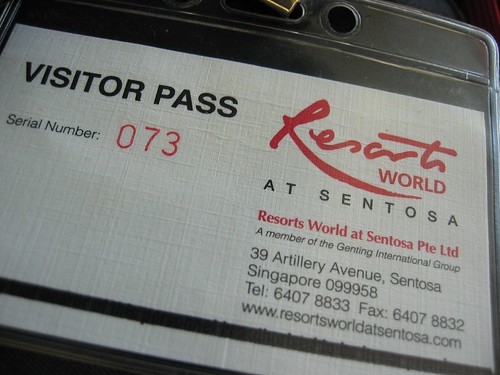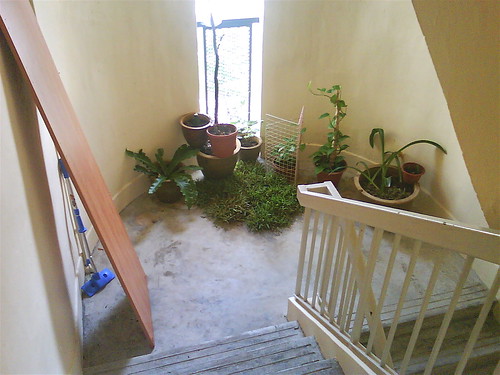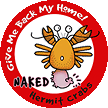
This is the last week to register for the upcoming workshop by Bian Tan on the Treasures of our "Wastelands". If you are interested to learn more about the pioneer plants in Singapore, their ecological roles and how to share more information about them with others, sign up for the workshop now at http://snipr.com/gtijk.
Experienced guides are most welcome to attend as well to share your stories about these treasures with other workshop participants.
TREASURES OF OUR "WASTELANDS": PIONEER PLANTS WORKSHOP
Date: 8 May 2009, Friday
Time: 7.00pm - 9.30pm
Venue: Civil Service College, 31 North Buona Vista Road Singapore 275983 Map
Workshop Fees: By Donation
Read our FAQ
ABOUT THE WORKSHOP
This workshop is an introduction to pioneer plants and the basic principles of succession ecology. Learn about some common species, and how our “wastelands” are actually important pioneering plant species.
SPEAKER
Bian Tan
Bian graduated with a Bachelor’s degree in Ornamental Horticulture and Master’s in Plant Taxonomy. He is the SEA Programme Coordinator for the Botanical Gardens Conservation International (BGCI), and assists botanical institutions with plant conservation, environmental education and the SEABG network. Prior to this, he spent almost 20 years in the USA studying and working at the San Francisco Botanical Gardens, where he pioneered the establishment of their South East Asian Cloud Forest.
FOR MORE INFORMATION ON THE WORKSHOP:
http://leafmonkeyworkshop.blogspot.com/2009/04/pioneer-plants-workshop.html
PLEASE REGISTER AT
http://snipr.com/gtijk
Registration is strongly advised as it allows us to better customize the workshop to suit YOUR needs!
The workshop is limited to 30 participants so please register early.
Closing date: Sunday, 3 May 2009.
ABOUT THE ORGANIZERS
The Leafmonkey Workshop hopes to provide a platform for new and experienced guides to come together to Learn, Share and Do. Our workshops comprise of a short presentation on the topic of the month by our Guest Speakers, followed by activities that aim to facilitate sharing and participation. Activities provide a platform to learn how to communicate scientific facts with everyday language and stories to share with our friends, families and visitors we guide. Also, participants gain opportunities to share guiding techniques, tips and experiences with others. Our workshops are non-denominational and open to all nature groups in Singapore. This is an opportunity to get to know other volunteers, make new friends and share your experiences with one another.
Read full article here




 I can be contacted at
I can be contacted at 






